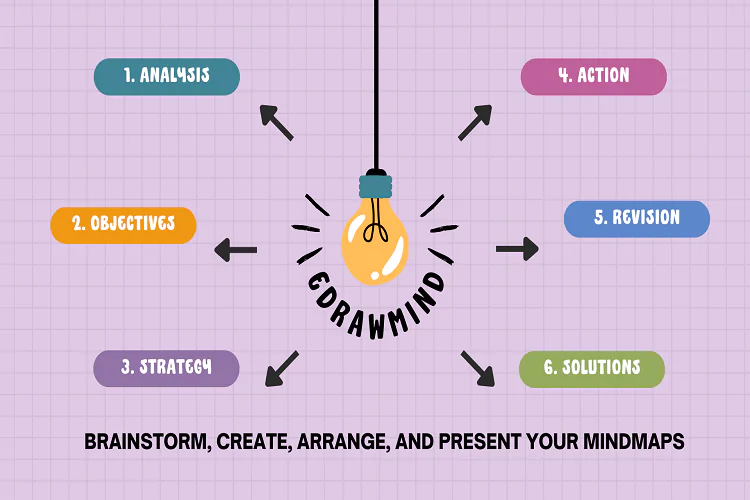How Talent Assessment Tools Improve the Hiring Experience

The process of hiring top talent has always been a critical aspect of an organization’s success. However, traditional methods of assessing candidates’ skills and capabilities can be time-consuming, subjective, and prone to biases. With the advent of talent assessment tools, recruiters now have access to sophisticated technology that streamlines the hiring process and provides valuable insights.
In this blog, we will explore the benefits of talent assessment tools and how they enhance the overall hiring experience for recruiters.
Understanding Talent Assessment Tools
Before delving into their advantages, let’s first gain a clear understanding of talent assessment tools. These tools leverage technology, such as artificial intelligence (AI) and data analytics, to evaluate candidates’ skills, competencies, and potential. They go beyond resumes and interviews, providing recruiters with objective and quantifiable data to make informed hiring decisions.
Enhancing Efficiency and Saving Time
One of the significant advantages of talent assessment tools is their ability to streamline the hiring process, making it more efficient and saving valuable time for recruiters. These tools automate various stages of assessment, such as pre-screening, skills evaluation, and psychometric testing. By doing so, recruiters can quickly identify top candidates without spending excessive time sifting through numerous resumes or conducting repetitive interviews. Moreover, talent assessment tools enable recruiters to handle large volumes of applicants, allowing them to focus on more strategic aspects of the hiring process.
Reducing Bias and Enhancing Objectivity
Unconscious biases can inadvertently influence the hiring decisions of even the most well-intentioned recruiters. Talent assessment tools offer a solution to mitigate these biases and promote objectivity in the evaluation process. By relying on data-driven assessments, these tools evaluate candidates solely based on their demonstrated skills and capabilities, rather than subjective factors such as gender, ethnicity, or appearance. This helps create a fair and level playing field for all applicants, ensuring that the best-suited candidates are selected based on merit.
Assessing Job-Related Skills and Competencies
Talent assessment tools excel in evaluating candidates’ role-specific skills and competencies, going beyond what can be gleaned from resumes or interviews alone. Through interactive assessments and simulations, these tools measure candidates’ abilities in areas such as problem-solving, critical thinking, communication, and technical proficiency. By providing recruiters with objective data on these crucial skills, talent assessment tools enable them to make more informed decisions and identify candidates who possess the exact capabilities required for the role.
Predicting Future Performance
While past experience and qualifications provide valuable insights into candidates’ potential, talent assessment tools offer a deeper understanding of their suitability for a specific role. These tools employ predictive analytics algorithms to analyze candidates’ assessment results and compare them against successful benchmarks. By assessing traits like adaptability, learning agility, and cultural fit, talent assessment tools can provide recruiters with valuable predictions regarding a candidate’s future performance and potential within the organization. This information allows recruiters to make more accurate hiring decisions and ensure a better fit between candidates and roles.
Enhancing Candidate Experience
The hiring process is a two-way street, and a positive candidate experience is crucial for attracting top talent. Talent assessment tools contribute to an improved candidate experience in several ways. Firstly, by automating the initial screening process, candidates receive quicker feedback on their applications, reducing uncertainty and anxiety. Additionally, interactive assessments and simulations provide candidates with an engaging and immersive experience, showcasing the organization’s commitment to innovation and efficiency. Lastly, talent assessment tools provide objective feedback to candidates, allowing them to better understand their strengths and areas for improvement, which can contribute to their professional growth.
Leveraging Data Analytics for Continuous Improvement
Talent assessment tools like Testlify generate vast amounts of data throughout the hiring process. Recruiters can leverage these data using advanced analytics to identify patterns, trends, and insights. By analyzing this information, recruiters can refine their hiring strategies, identify areas of improvement in the selection process, and optimize the overall recruitment workflow. Furthermore, continuous feedback loops with hiring managers and stakeholders can be established, leading to iterative enhancements in the hiring process, resulting in improved outcomes over time.
Conclusion
Talent assessment tools have revolutionized the hiring experience for recruiters by bringing objectivity, efficiency, and data-driven insights to the selection process. By reducing biases, enhancing objectivity, and providing comprehensive evaluations of candidates’ skills and competencies, these tools enable recruiters to make more informed and accurate hiring decisions. Moreover, they improve the candidate experience, contributing to a positive employer brand and attracting top talent. As organizations continue to prioritize talent acquisition, embracing talent assessment tools has become a necessity to ensure a competitive edge in the modern job market.





